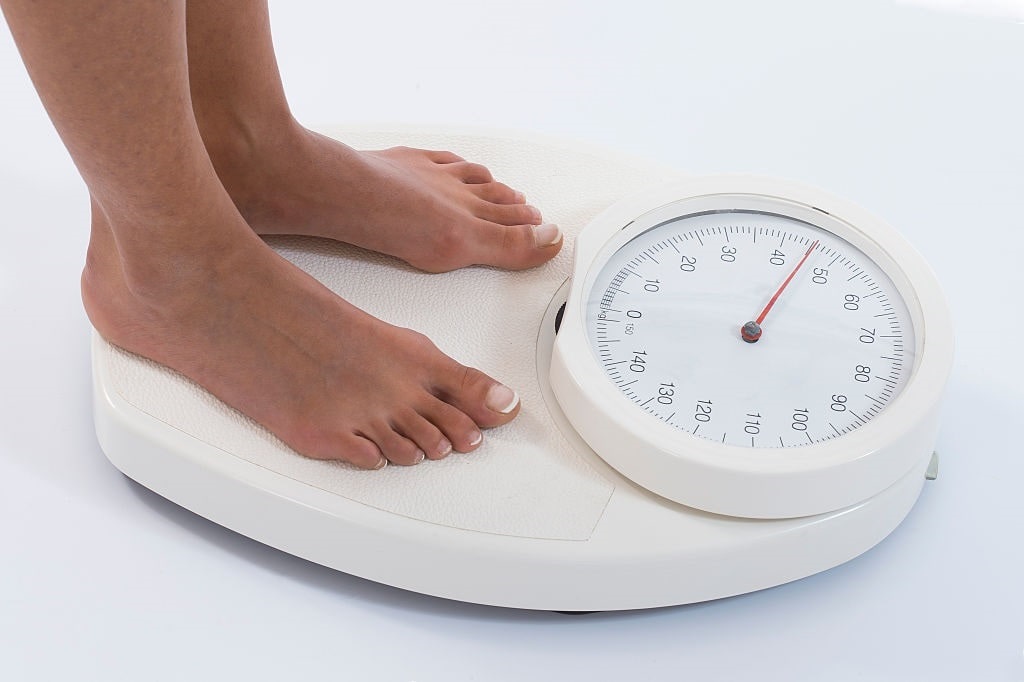-
The Ancient World
- Building Societies – What Does it Take? – Lesson
- Building Societies – What Does it Take? – Quiz
- Athens, Rome, and Jerusalem: Where Western Civilization Began – Lesson
- Athens, Rome, and Jerusalem: Where Western Civilization Began – Quiz
- Persia: Where Fake News Began? – Lesson
- Persia: Where Fake News Began? – Quiz
- Tell Brak: The World’s Most Ancient City? – Lesson
- The Key to Ancient Egypt: Rosetta Stone 200 Years On – Lesson
- The Key to Ancient Egypt: Rosetta Stone 200 Years On – Quiz
- Ancient Rock Art Suggests Humans Occupied Earth 13,000 Years Ago – Lesson
- Ancient Rock Art Suggests Humans Occupied Earth 13,000 Years Ago – Quiz
-
World History
- Slavery: An Ancient Evil That Still Exists Today – Lesson
- A Tale Of Two Sacrifices – Part I – Lesson
- A Tale Of Two Sacrifices – Part II – Lesson
- The Story Behind the Israel-Palestine Conflict – Lesson
- Churchill Vs. Hitler: Standing Up for Europe – Lesson
- War, Peace, and School Bullies – Lesson
- Survey Says: Millennials and Gen Z Just Don’t Know the Holocaust – Lesson
- V-J Day: Celebrating 75 Years Since Japan’s Surrender – Lesson
- A History of Ukraine: Battleground for Empires – Part 1 – Lesson
- A History of Ukraine: Battleground for Empires – Part 1 – Quiz
- A History of Ukraine: Battleground for Empires – Part 2 – Lesson
- A History of Ukraine: Battleground for Empires – Part 2 – Quiz
- History of the Holy Land – Quiz
-
U.S. Allies and Rivals
-
Around the Globe Today
- Chinese Uighurs – What Is Going On? – Lesson
- A New Republic – Barbados Removes the Queen as the Head of State – Lesson
- A New Republic – Barbados Removes the Queen as the Head of State – Quiz
- Venice Makes a New Rule for Tourists – Will Other Cities Follow? – Lesson
- Venice Makes a New Rule for Tourists – Will Other Cities Follow? – Quiz
- Professor Lives Underwater for 100 Days – Lesson
- Professor Lives Underwater for 100 Days – Quiz
- Setenil de las Bodegas – The Spanish Town Built Under a Rock – Lesson
- Setenil de las Bodegas – The Spanish Town Built Under a Rock – Quiz
- Hat of Napoleon Bonaparte Sells for Over $2 Million at Auction – Lesson
- Hat of Napoleon Bonaparte Sells for Over $2 Million at Auction – Quiz
- The UK Plans to Measure Kids’ Bellies to Monitor Their Health – Lesson
- The UK Plans to Measure Kids’ Bellies to Monitor Their Health – Quiz
- Radioactive Wolves in Chernobyl – Lesson
- Radioactive Wolves in Chernobyl – Quiz
- Slovakian Aircar Carries First Passenger – Lesson
- Slovakian Aircar Carries First Passenger – Quiz
- Japan’s Floating City – The Future of Urban Planning? – Lesson
- Japan’s Floating City – The Future of Urban Planning? – Quiz
-
Politics and Economics Around the Globe
The UK Plans to Measure Kids’ Bellies to Monitor Their Health – Lesson
The British government has proposed measuring the waistlines of children to monitor and prevent obesity. As creepy as this might sound, the idea of educating younger generations to be more informed about their health and eating decisions is a better direction than applauding obesity as virtuous. However, some question such measures based on the UK government’s nutrition policy record.
Weighing obesity policy options
Measuring Waists for Health
The UK’s National Institute for Health and Care Excellence (NICE) issued the recommendations for monitoring children’s midsections starting at age five. Supporters of the idea claim “getting a head start on measuring young children can help keep an eye on the number to help prevent a slew of diseases associated with having too much visceral (deep or internal) fat.”
There is no disputing that obesity is a growing problem (pun intended). As the world witnessed during the COVID panic, obesity and related health issues form an ongoing underlying pandemic of their own. As a US National Institutes of Health publication remarked:
“Obesity is a complex disease which has reached pandemic dimensions. The worldwide prevalence of obesity has nearly tripled since 1975, mainly due to the adoption of a progressively more sedentary lifestyle and the consumption of less healthy diets.
“Sedentary lifestyle and the decline in overall physical activity in combination with consumption of unhealthy diets, e.g. a high sugar and refined carb diet … are currently considered the main common causes for the obesity epidemic.”
Japan’s Mid-Section Monitoring
 Japan has long measured employees’ waists in an effort to prevent weight-related illnesses. The method is said to have begun in 1884, when Dr. Kyoshi Shiga discovered the direct connection between excess waist fat and a number of chronic diseases. As Japan responded to the increased sugar consumption and decreased exercise of the modern age, it implemented the Metabo Law (named for metabolic syndrome) in 2008. Unlike UK proposals to monitor weight connected to height, the Japanese system uses simple universal waistline measurements for all employees over 40: 33.5 inches for men and 35.4 inches for women.
Japan has long measured employees’ waists in an effort to prevent weight-related illnesses. The method is said to have begun in 1884, when Dr. Kyoshi Shiga discovered the direct connection between excess waist fat and a number of chronic diseases. As Japan responded to the increased sugar consumption and decreased exercise of the modern age, it implemented the Metabo Law (named for metabolic syndrome) in 2008. Unlike UK proposals to monitor weight connected to height, the Japanese system uses simple universal waistline measurements for all employees over 40: 33.5 inches for men and 35.4 inches for women.
The idea in both the Japanese and British efforts is to direct weight-gaining people to counseling about diet and exercise as an intervention. Involving the government after age 40 seems less intrusive than targeting children, but that may be too little, too late: Teaching youngsters sensible eating habits is a better preventive than trying to enforce improved dietary habits on those already halfway through the normal human lifespan.
Dubious UK Record
Aside from age appropriateness and effectiveness, the UK government’s response to the obesity epidemic is suspect. Japan’s obesity rate stands at 4.97% compared to Americans’ 36.47% and 27.88% for the UK. The British love their sweets, scones, and sugared tea. Yet NICE counsels eating only 70 grams of meat a day (less than three ounces). Humans have always dined on flesh: The obesity epidemic has been fueled by calorie-laden sugars and government-subsidized high fructose corn syrup, not health-promoting steak.

(Photo by: BSIP/Universal Images Group via Getty Images)
Meanwhile, the UK government discourages eating meat while approving food additives that enhance flavor and stimulate appetite and subsidizes sugar (beet) production. It then taxes sugared products, claiming “sugar tax revenue helps tackle childhood obesity.”
Not NICE for Health
NICE also touts Wegovy (semaglutide) for weight loss, a drug that reduces appetite, requires weekly injections, and can cause numerous side effects. NICE does not ban addictive additives that corrupt children’s food, and yet it promotes drugs to tamp down the resulting heightened appetites. And now it proposes a government monitoring program to gauge the effects of those policies on children’s health.
Perhaps UK schools should skip the gut-measuring and instead increase recess, offer fresh fruits and vegetables, and nourish the kids with some grass-fed burgers and kimchi once in a while. It is government food policies, not children’s waistlines, that must be more closely monitored if human health is to be prioritized over corporate profits.